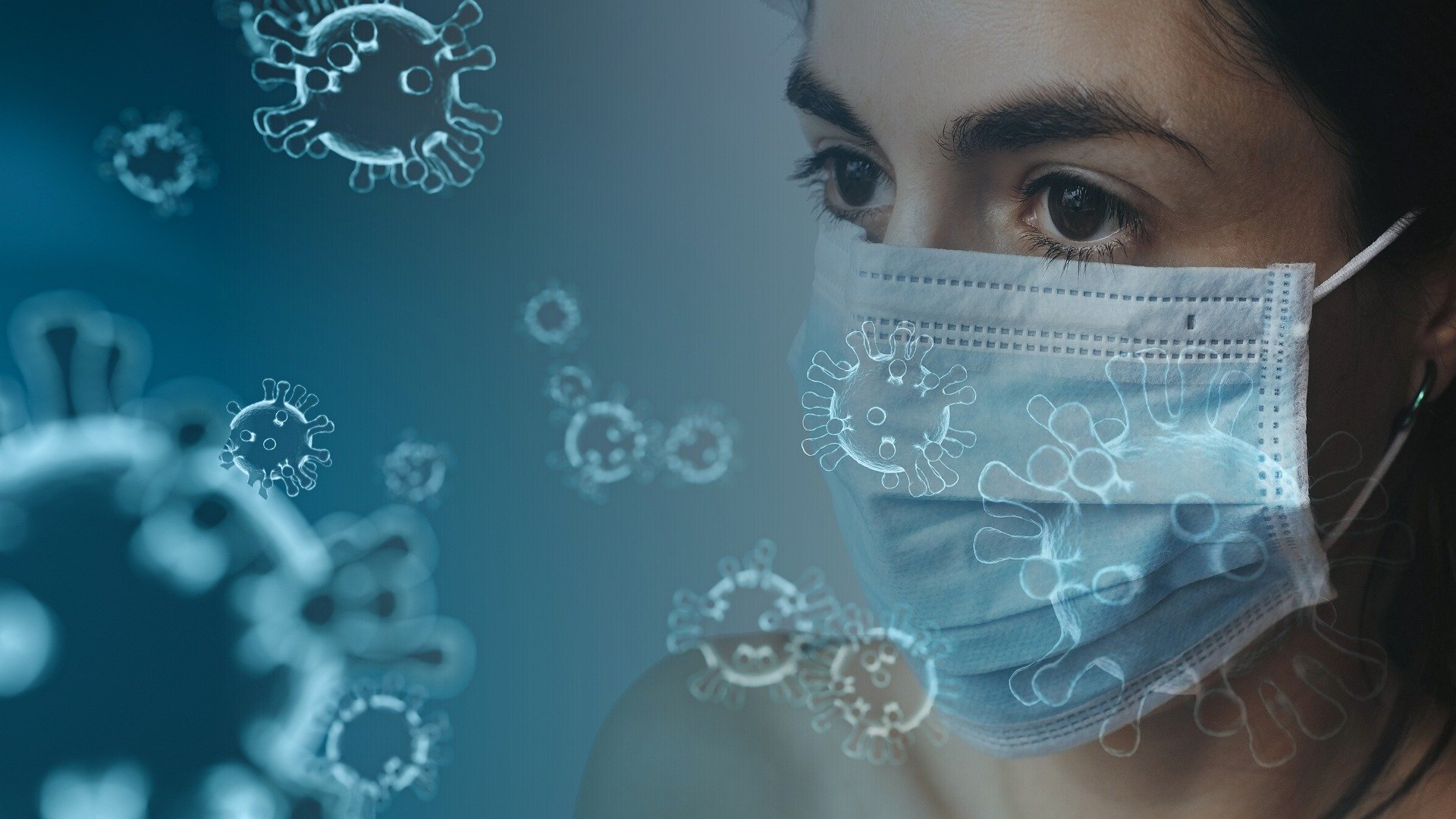Share this Page:
Towards the end of June, some of you will have taken part in a survey organised by a charity called Cancer52. Thank you to those who took part to help us understand how the COVID-19 pandemic has affected your care and treatment during this unprecedented time.
Because Cancer52 members represent rare and less common cancers, respondents to the survey are more likely to be using the support of charities. 1,410 people responded to the survey from across the UK, of which 1,052 were from England. The survey consisted of 26 questions that asked patients about the impact of the COVID-19 pandemic (the period beginning mid-March 2020 until the end of June 2020), their cancer treatment and care during this time, whether they had been shielding, the impact of shielding, and what should be done differently in the future.
Key findings from people with kidney cancer:
- 70 people with kidney cancer responded to the survey, of which 67 answered the vast majority of questions
- Most people were in the 40-69 age group (89%), 56 were in England, 5 in Scotland, 5 in Wales, 2 in Northern Ireland and 2 in other countries
- Most people had their cancer diagnosed more than a year ago (73%)
- Only one person had tested positive for COVID-19
- Almost equal numbers of patients believed their risk from COVID-19 to be low (18), medium (21) or high (17)
- People with kidney cancer are as concerned about COVID-19 as they are about their cancer
- Most people were having treatment for their cancer at the time of the pandemic (55%) with 37% being in follow-up/surveillance
- The majority of people did not have any change to their treatment (84%), with only 11 patients reporting changes to drug type, delayed surgery or different hospital
- There has been some disruption to treatments and follow-up appointments and many (49%) appointments moved to telephone or video
- Many patients have not been told of any changes to their tests or scans (45%), while others have experienced delays, different scans or tests, or different hospitals (28%)
- The vast majority of people (94%) are happy to attend appointments at their hospital
- People turned to patient groups, online forums, charity websites and helplines most often for sources of information (65 people) as well as their NHS cancer team (38 people), and the NHS and Government websites (40 people)
- Of those who tried to contact their cancer team during the pandemic, 9 in 10 were successful
- Some people recently diagnosed (within the last three months) had had treatments delayed
- 65% of people with kidney cancer are shielding. Those shielding have found the psychological impact of shielding difficult, as well as facing difficulties obtaining food or medicines. They thought that communications about shielding could have been better. People are concerned about shielding ending
- There are positive changes people would like to retain, such as phone or video appointments and treatments delivered in or to the home
- Negative aspects included not being able to be seen face-to-face, not being able to have visitors at hospital, not being able to see loved ones, and delays to tests, treatment and follow-up appointments.
Suggestions to make things easier for patients:
- Better communications from the Government and more clarity, particularly in relation to people who are shielding
- More contact from the NHS medical team and regular updates on treatment and care, via phone or video contact if required
- Selected lockdown or specific times when shielding people can go outside to exercise etc.
Next steps by Cancer52:
- Share findings from the overall survey with key stakeholders to help inform work to rebuild and recover services, and to prepare for any future waves of the virus
- Develop key recommendations for the Government, NHS England, Cancer Alliances and NHS services based on these findings, and the knowledge and experience of our member charities
- Continue to share intelligence among our member charities, and monitor the situation for, and recovery of services for, people with rare and less common cancers.
If you would like to see the results from the whole survey including all rare and less common cancers, please visit the Cancer52 website here















